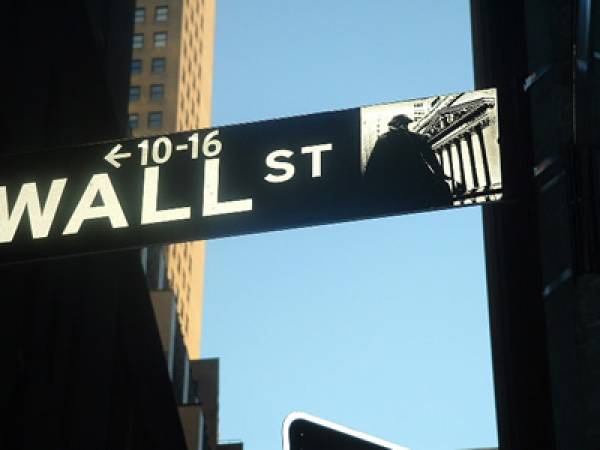US Government to Approve Financial Bailout at 80 Percent Say Bookies

The online prediction market intrade.com listed the US Congress to approve a government bailout of banks on/before 30 Sep 2008 with an 80 percent chance of happening.
Fierce opposition to the Administration's bailout package from lawmakers of both parties could complicate congressional leaders' plans to push for swift passage of the plan.
Most of the skepticism revolves around the administration's blueprint, which would give the Treasury sweeping authority to buy an assortment of toxic debt from banks with few strings attached.
Chairman Christopher J. Dodd told top Bush officials testifying before the Senate Banking, Housing and Urban Affairs Committee that the plan is "not acceptable" in its current state.
"A lot of reservations have been expressed this morning by Democrats and Republicans," the Connecticut Democrat said after the five-hour hearing on Tuesday. "This is not going to work."
Democrats remained bent on including limits on bank executive compensation and an equity stake for taxpayers in the banks that benefit from the $700 bailout.
Federal Reserve chief Ben Bernanke warned Wednesday that the financial crisis could drag the U.S. economy into a deeper downturn and urged Congress to take action on a proposed bailout package.
Bernanke, testifying before the Joint Economic Committee, repeated his calls for Congress to act on the Bush administration's proposal to give the Treasury Department authority to buy as much as $700 billion in mortgage-backed securities to address serious problems afflicting the credit and financial markets.
"The intensification of financial stress in recent weeks, which will make lenders still more cautious about extending credit to households and business, could prove a significant further drag on growth," he said. "The downside risks to the outlook thus remain a significant concern."
The nation is facing its most serious financial and economic crisis since the end of World War II, he said.
Banks and Wall Street firms essentially stopped lending to each other after the government take over of mortgage giants Fannie Mae (FNM, Fortune 500) and Freddie Mac (FRE, Fortune 500), after the failure of Lehman Brothers, the Fed's $85 billion bailout of insurer American International Group (AIG, Fortune 500) and sale of Merrill Lynch (MER, Fortune 500) to Bank of America (BAC, Fortune 500).
"Stabilization of our financial system is an essential precondition for economic recovery," Bernanke added. "I urge the Congress to act quickly to address the grave threats to financial stability that we currently face."
Economic concerns in the US have spread across the world.
Australia's CommSec chief equities economist Craig James warned that if US Treasury Secretary Hank Paulson's bail-out is rejected then more bank failures will follow.
He is, however, optimistic the bill will be passed by US Congress and the stock market will begin a "bumpy and gradual recovery" over the next 3-6 months, lifting to the 5600-5800 point range by mid-next year.
----
Jagajeet Chiba, Gambling911.com













